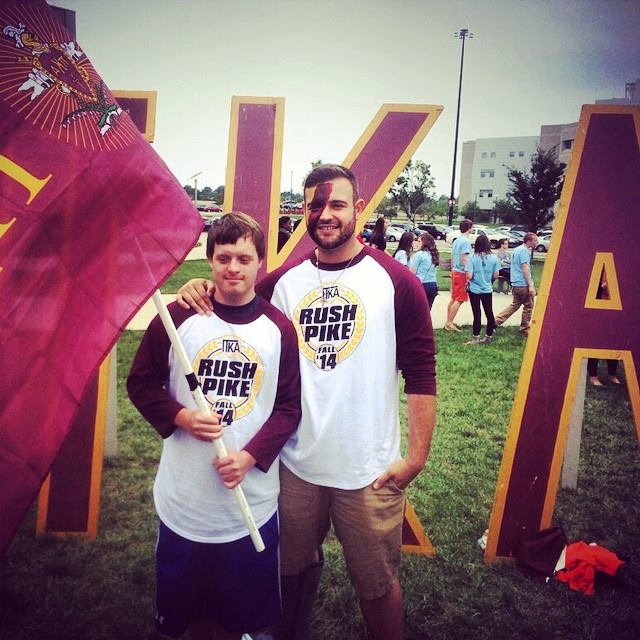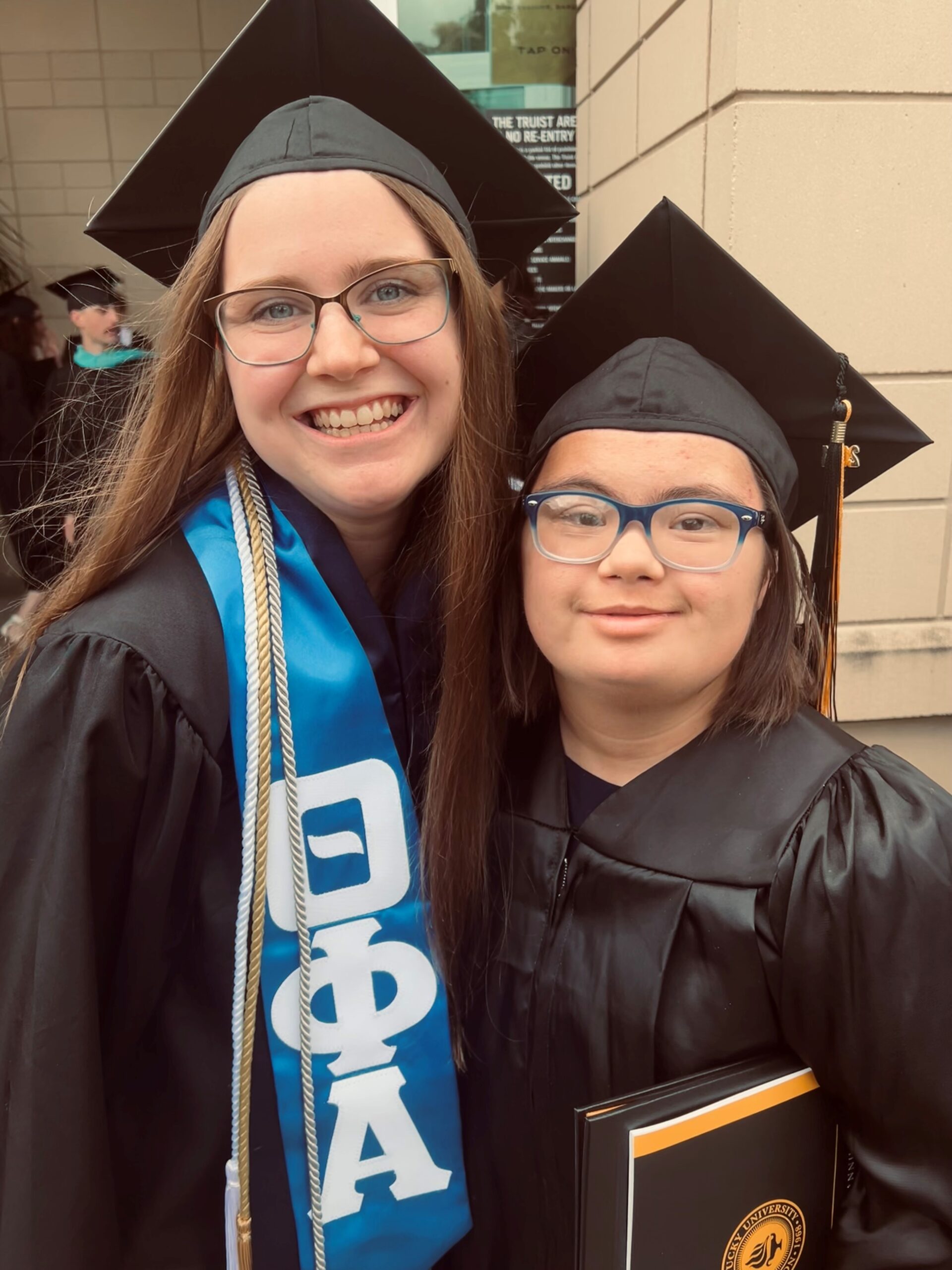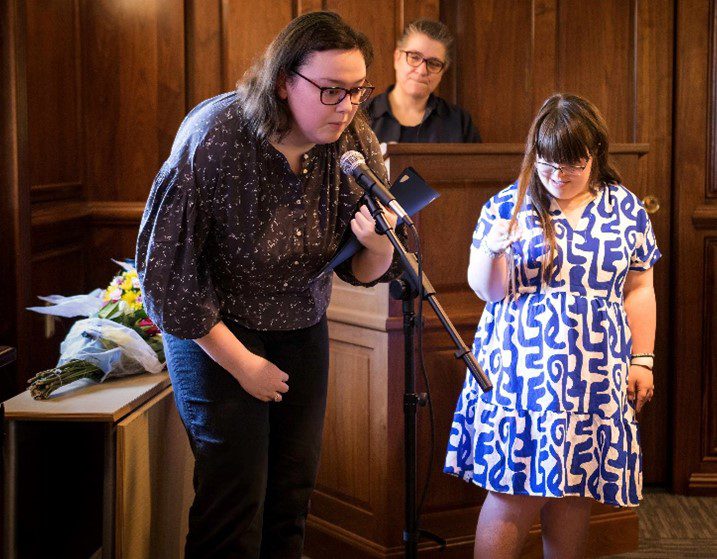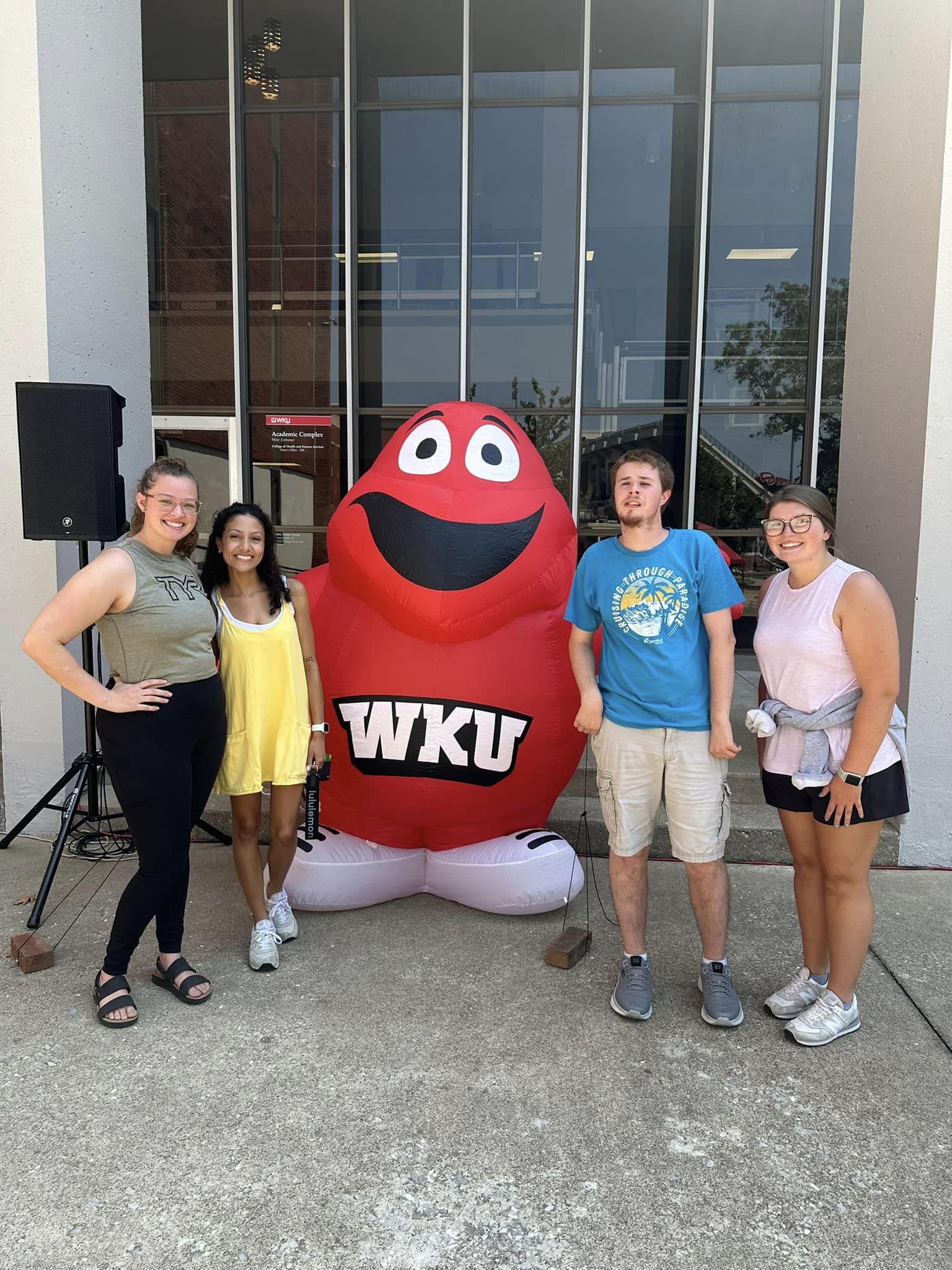Empowering Futures: Understanding Comprehensive Transition and Postsecondary Programs for Students with Intellectual Disabilities
As students with disabilities approach the end of high school, families often face a critical question: What comes next? For many, the path to independence, employment, and further education can seem uncertain. That’s where Comprehensive Transition and Postsecondary Programs (CTPs) come in—offering a bridge to brighter futures.

What Are CTPs?
CTPs are higher education programs specifically designed for students with intellectual disabilities. These programs, hosted by six Kentucky colleges and universities, provide students with the opportunity to continue their education while gaining essential life and job skills.
CTPs are approved by the U.S. Department of Education: Students enrolled in these programs may be eligible for federal financial aid, even if they are not pursuing a traditional degree.

Students with ID enrolled in an approved CTP can access federal financial aid for which they qualify and state financial aid from the Kentucky Educational Excellence Scholarship (KEES), Work Ready Kentucky Scholarship, and College Access Program Grant programs, if eligible. Students and families can contact the Kentucky Higher Education Assistance Authority (KHEAA) at (800) 928-8926 or visit kheaa.com for help with the financial aid process.
To learn more about financial assistance for students enrolled in an approved Kentucky CTP, see CTP Brief: Student Financial Assistance.
Key Features of CTPs
- Academic Enrichment: Students take part in coursework tailored to their abilities and interests.
- Career Exploration and Community Engagement: Programs partner closely with the Kentucky Office of Rehabilitation and include internships, job coaching, vocational training, career development lessons, and other types of experiential learning to help prepare students for meaningful employment and community connection.
- Independent Living Skills: From budgeting to cooking to navigating public transportation, students learn skills that support autonomy.
- Social Integration: Students engage with peers on campus, participate in clubs, and build lasting friendships.
Why Families Should Consider Exploring CTPs
For families, the transition from high school to adulthood can be a daunting and overwhelming experience. CTPs provide a supportive and structured environment that fosters growth and independence. By participating in a CTP, students can:
- Build confidence and self-advocacy skills
- Discover their strengths and interests
- Gain real-world experience in a safe, supportive setting

Encouraging Families to Take the First Step
If you’re a parent, guardian, or advocate of a student with a disability, now is the time to explore what CTPs can offer. Here are a few ways to get started:
- Research Programs: Visit the Kentucky Supported Higher Education Partnership website to see if there is a Community Transition Program (CTP) in your area.
- Attend Information Sessions: Many programs offer virtual or in-person open houses where you can meet staff, ask questions, and tour the campus.
- Connect with Other Families: Hearing from others who have gone through the process can provide valuable insights and encouragement.
- Talk to Your Student: Involve them in the conversation, allowing their goals, interests, and dreams to guide the journey.
Final Thoughts
Comprehensive Transition and Postsecondary Programs are more than just educational opportunities—they are launching pads for independence, confidence, and a fulfilling adult life. By reaching out and learning more, families can help their student take the next step toward a future full of possibility.
